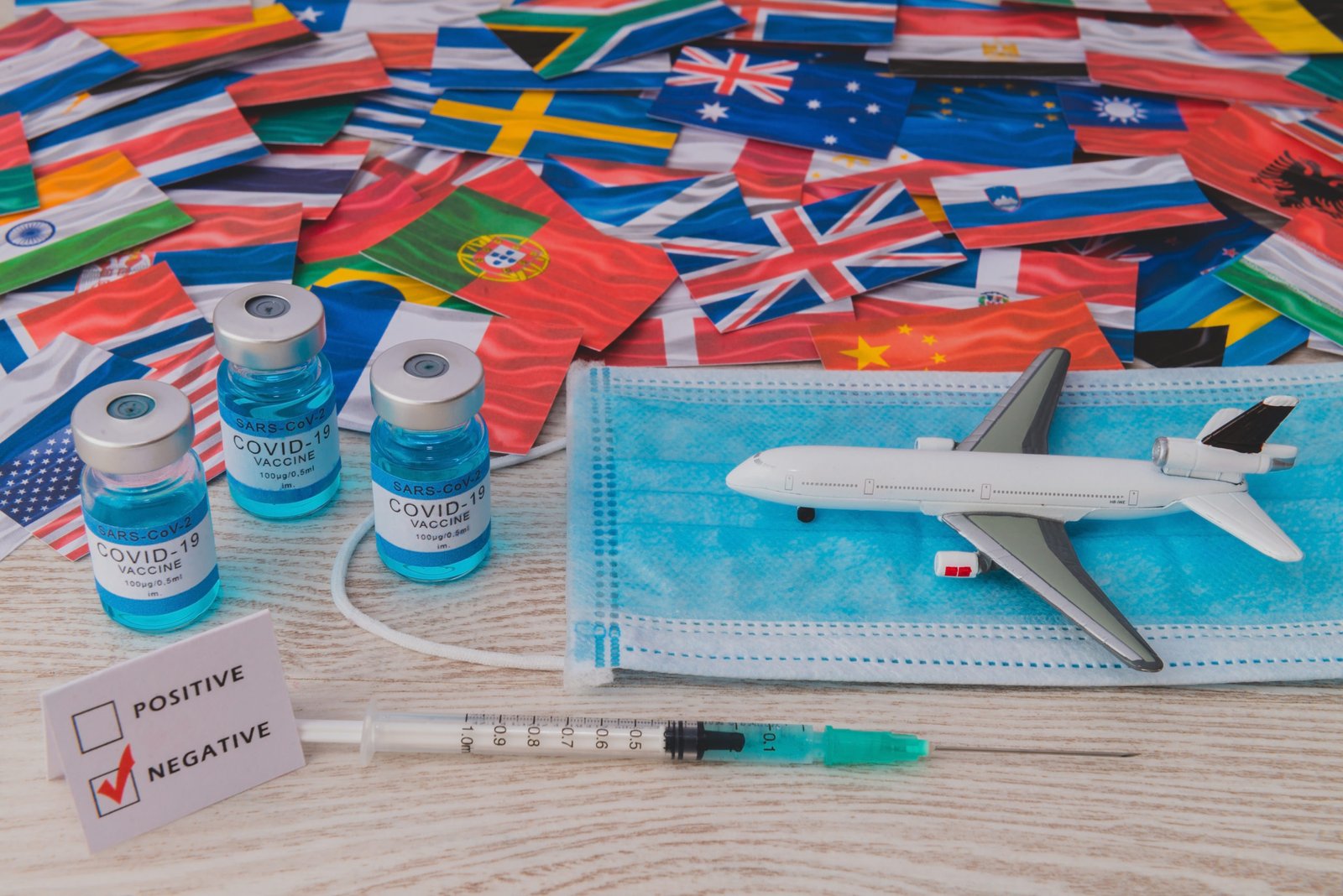“We still need to make sure that we minimize the amount of disease that is brought into the country”
NASSAU, BAHAMAS — Although COVID-19 vaccinations in The Bahamas have started and are expected to ramp up this month, for now, individuals will still need a coronavirus test to enter the country, said Deputy Chief Medical Officer Delon Brennen yesterday.
Brennen made the comment during a Public Hospitals Authority (PHA) town hall meeting, where he, along with other healthcare officials, outlined the current national vaccine deployment plan and took questions regarding vaccinations.
“The requirement is for those who are coming into the country, so if you have received vaccines, you will still need to be tested prior to coming into the country,” he said, responding to a question.

“I can’t tell you what other countries will be requir[ing], but I can tell you as of right now, because of the very low number of persons in-country who have received vaccines to date, we need to make sure that number is completely immune from getting the disease.
“So, we still need to make sure that we minimize the amount of disease that is brought into the country. So, that requirement still remains that even if you are vaccinated currently and coming into the country, you do still need to be tested before coming in.”
The government rolled out its vaccine program to healthcare professionals at Loyola Hall on Gladstone Road on Sunday, where more than 100 people received their first jab.
The COVID-19 vaccination appointment system will officially open for eligible groups, which include: healthcare workers in the public sector and those in the private sector assisting with the rollout, residents and staff in elder care homes and uniformed services.
Brennen explained that, similar to Yellow Fever and other vaccinations that are not on the normal national immunization schedule, the COVID-19 vaccination will have a separate vaccination card to make sure it is recognized worldwide.
“The plan is not to just have a paper-based card or something physical but also to have an electronic certificate of vaccination that you’ll be able to receive so that you’ll be able to walk with that as well,” Brennen said.
“The world is moving toward electronic certifications so that regardless of what people say, minimizing the amount of fraud and the like in the system, someone will be able to access information that says whether someone has truly been vaccinated or not and what vaccine they were able to receive.”
He noted that for monitoring and evaluation of vaccinations, the national vaccine committee, with the help of the Pan American Health Organization (PAHO), was able to establish an electronic immunization registry that was originally supposed to be rolled out for all of the national immunizations but will now be specifically incorporated into the national COVID-19 vaccine deployment plan to aid with inventory management, vaccine delivery, documentation and safety and surveillance.
Brennen said health officials will also be releasing dashboards so the public will know exactly what is happening with priority groupings.






